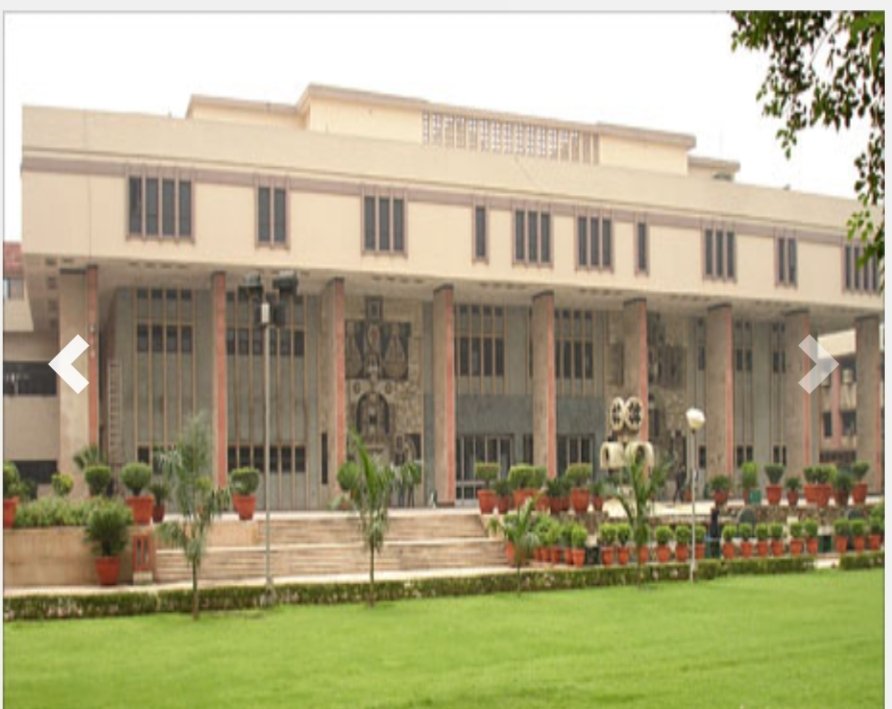The magic blue pill, patented by pharma giant Pfizer- Viagra has always found its way to be in the news. Initially to be developed as a medication for heart remedy but now widely used for erectile dysfunctions for ‘sildenafil’ present in it. The legal dispute over trademark name with ‘Vigoura’, a homeopathic competitor drug also effective for sexual disorders was decided on May 1, 2024. This judgement by the Delhi High Court has covered a plethora of legal points surrounding the trademark regime which the article has tried to delve into briefly.
Factual Background
The plaintiff, Pfizer Products Inc. had secured global trademark protection for “Viagra,” in over 140 countries including registration in India in 2006. Initially, Pfizer focused on a legal strategy based on common law rights, but later amended their approach to include trademark infringement after registering “Viagra” in India under Class 05 of pharmaceutical drugs. However, Renovision Exports Ltd. the defendant had been using “Vigoura” for their homeopathic products since 1999. Renovision defended their use of “Vigoura,” arguing that they adopted the name legitimately and had built a strong market presence for their products well before Pfizer’s Indian trademark registration. They claimed “Vigoura” stemmed from the English word “vigour” and was distinct from “Viagra.”
Pfizer, on the other hand, argued that “Vigoura” was too phonetically similar to “Viagra,” creating a likelihood of confusion among consumers. They believed this could mislead customers into thinking Renovision’s products were somehow affiliated with or similar to the well-known Viagra medication.
Issues Involved In The Case
1. Whether the plaintiff is the proprietor of the trademark?
The High Court, citing Section 2(1)(v) of the Trade Marks Act, 1999, established that commercial use of a trademark is sufficient to qualify for common law rights. In this case, the plaintiff presented evidence demonstrating that “Viagra” is a unique and inherently distinctive term under Section 9 of the Act. Furthermore, the widespread recognition of the mark was substantiated by its inclusion as a proper noun in the Oxford English Dictionary. This extensive recognition served as a key factor in the court’s decision.
2. Whether the defendant is infringing plaintiff’s rights by passing off? (Deceptive similarity and causing likelihood of confusion)
The court held that under Section 29 of the copyright act, the trademarks “VIGOURA” and “VIAGRA” share a striking phonetic similarity, each comprising three syllables with ‘Vi’ as a common prefix and ‘Ra’ as a similar suffix, creating an unmistakably similar auditory impression. This phonetic likeness raises significant concerns in the pharmaceutical sector, where accurate product identification is paramount for consumer safety and trust. In terms of visual perception, both trademarks exhibit noticeable similarities in their letter structure and length, and shared context within the pharmaceutical domain. Thereby clearing the ‘overall impression test’ suggest by Amritdhara Pharmacy v. Satya Deo Gupta Furthermore, as both goods target the same consumer demographic, the likelihood of confusion between the two marks is amplified. The combined effect of these factors could potentially perplex consumers or erroneously lead them to associate “VIGOURA” with “VIAGRA,” for which court has placed reliance on Cadilla Healthcare v. Cadila Pharmaceuticals regarding the extra degree of caution in case of pharma products.
The defendants tried to argue that similar trademarks used by others excused their infringement, but the court disagreed. They also failed to emphasize their own brand’s two-decade history, which might have strengthened their case. The court ultimately ruled against the defendant on both trademark infringement and liable for passing off when put through the test of “classic trinity” laid down in Laxmi V Patel v. Chetan Bhai Shah decision. Evidence like news articles showed “Viagra” already had a strong reputation in India, even before Its availability was official here. This “trans-border reputation” established by the plaintiff further weakened the defendant’s position.
Judgement
Delhi High Court gave the verdict in the favour of the plaintiff. The court issued a permanent injunction against the defendants, restraining them from manufacturing, selling, marketing, or advertising any goods under the “VIGOURA” trademark or any confusingly similar variations. This injunction is intended to prevent future infringements or attempts to deceive consumers by passing off their products as associated with the well-established “VIAGRA” brand. Additionally, the court granted the plaintiff ₹300,000 in nominal damages. The Court noted that plaintiff claimed to deserve ₹20 lakh (2 million rupees) in damages, but haven’t provided any evidence to support this amount. They simply argued that the defendant deliberately used a similar name to take unfair advantage of the plaintiff’s good reputation.
Conclusion
The purpose of the Trademark Act is to safeguard consumers from the likelihood of confusion is that is heightened when the goods or services offered in the same market under the potentially infringing mark are similar or identical to those protected by the established trademark. The court has reiterated through this judgment that consumers rely on general impressions and prominent features, rather than perfect recall, trademark infringement is assessed in the context of real-world market usage. Similarity between trademarks isn’t evaluated in isolation, but rather in the context of the products or services they identify as defendants weakly tried to argue in their defence. The decision given by the court will reinforce and reiterate importance of trademark regime in India.
Authors: Bhumika Sharma & Paavanta Aarya

